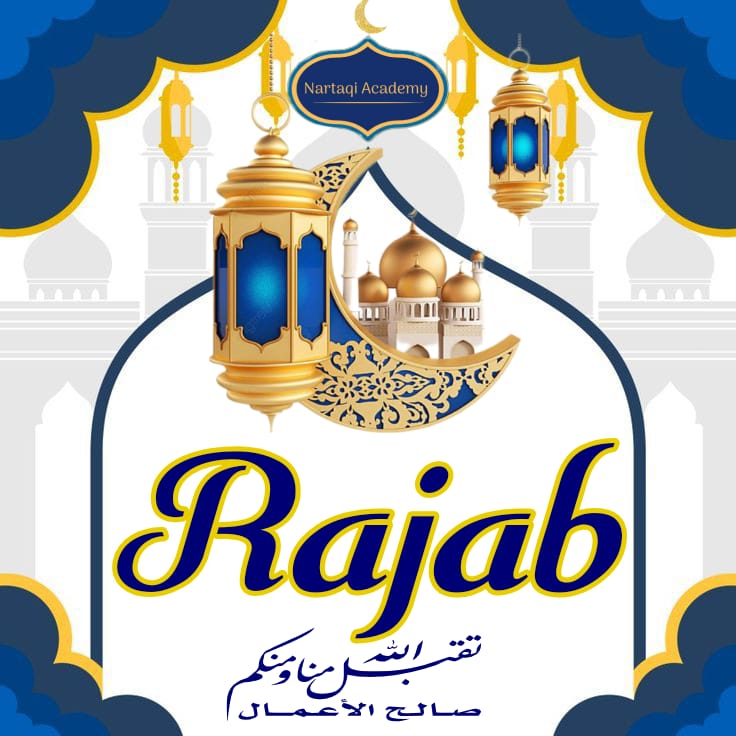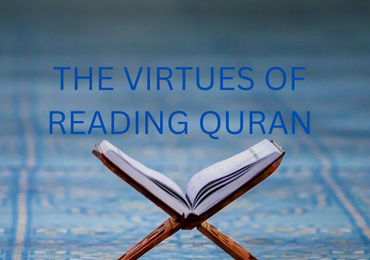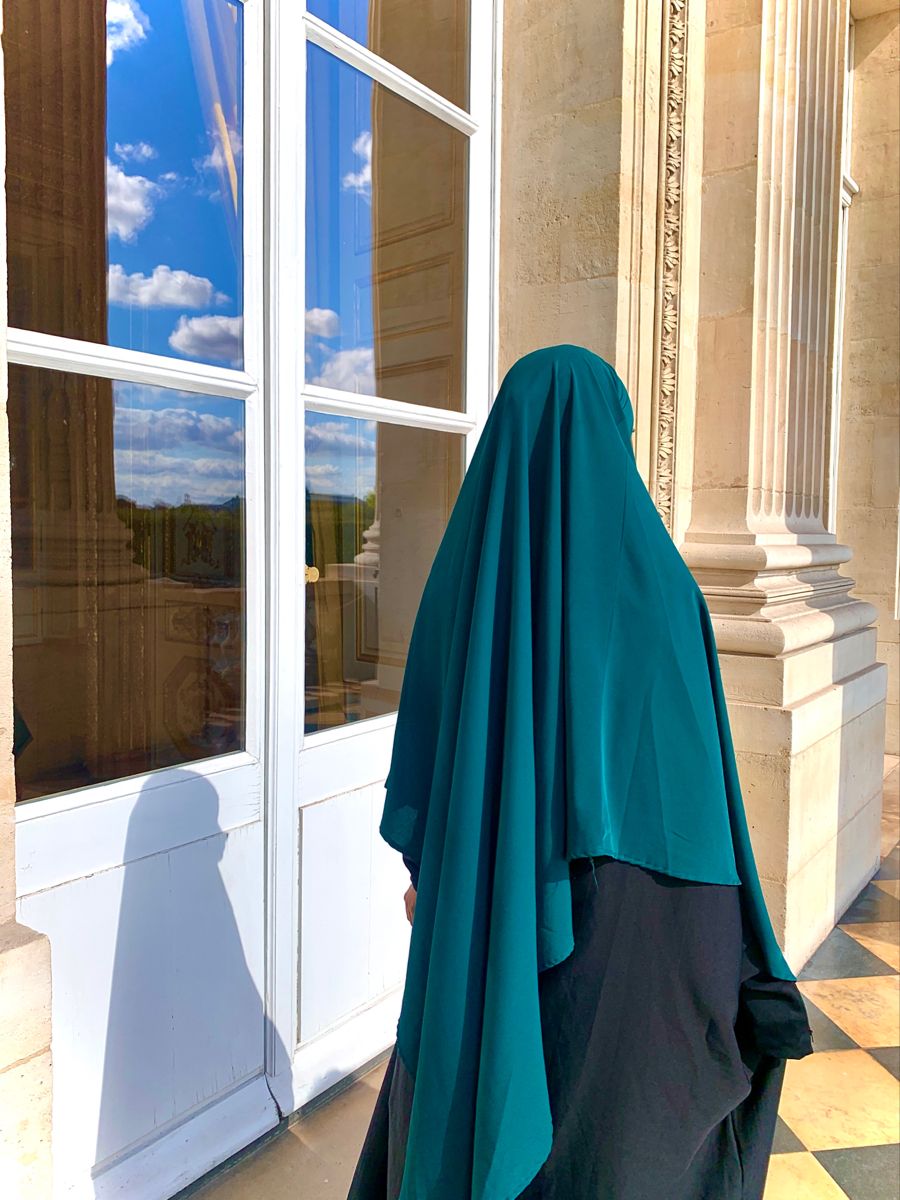Introduction: The Islamic calendar unfolds its sacred tapestry, weaving through moments of reverence and spirituality. Among these sacred threads is Rajab, a month imbued with divine blessings and an opportunity for believers to draw nearer to Allah. In this comprehensive exploration, we delve into the Quranic verses that illuminate the sanctity of Rajab and unravel the profound significance this month holds in the hearts of Muslims.
1. Quranic Verses Highlighting Rajab's Significance: Rajab is not explicitly named in the Quran, but its sanctity is alluded to in various verses. Surah Al-Baqarah (2:197) instructs believers to take provisions for their journey, emphasizing that the best provision is Taqwa (consciousness of God). The consciousness of God becomes pivotal in the sacred month of Rajab, prompting believers to heighten their awareness and connection with the Divine.
Additionally, Surah At-Tawbah (9:36) marks the establishment of twelve lunar months in Allah's register, with four designated as sacred. Though not specifying Rajab, this verse elevates our understanding of the sacred nature of specific months, placing Rajab in the esteemed quartet of sacred months.
2. Understanding the Significance of Rajab: Rajab stands as one of the four sacred months in the Islamic calendar, alongside Dhul-Qa'dah, Dhul-Hijjah, and Muharram. Its sanctity calls upon Muslims to intensify their acts of worship, seek forgiveness for transgressions, and engage in supplications for divine mercy and guidance. As believers enter Rajab, they embark on a spiritual journey, eager to capitalize on the unique opportunities this month provides for growth and reflection.
3. The Night Journey and Ascension: One of the most profound events associated with Rajab is the Isra and Mi'raj, the miraculous Night Journey and Ascension of the Prophet Muhammad (peace be upon him). Scholars suggest this miraculous journey took place during the month of Rajab, underscoring its exceptional status. The Night Journey and Ascension symbolize the heights to which believers can aspire in their spiritual endeavors, inspiring a sense of awe and reverence during this sacred month.
4. Recommended Acts of Worship in Rajab: Rajab beckons believers to fortify their connection with Allah through various acts of worship. Beyond the obligatory prayers, Muslims are encouraged to increase voluntary prayers, especially engaging in the serenity of night prayers (Tahajjud). Fasting is also highly recommended during Rajab, with particular emphasis on the 27th day, believed to hold special blessings and divine mercy.
Moreover, Rajab serves as a beacon for repentance (Tawbah). Believers are encouraged to reflect upon their actions, seek forgiveness for past sins, and earnestly turn to Allah in repentance. This heightened focus on repentance reinforces the concept of spiritual renewal, allowing believers to shed the burdens of the past and embrace a purer, more devout path.
5. Reflection and Self-Improvement: Rajab serves as a sacred arena for self-reflection and improvement. Muslims are called to assess their spiritual standing, scrutinize their actions, and seek avenues for personal growth. This introspective approach aligns with the Quranic injunctions urging believers to ponder over the signs of Allah and strive for self-improvement.
The virtues of gratitude, patience, and generosity find fertile ground in the month of Rajab. Believers are encouraged to cultivate these virtues, recognizing their transformative power in shaping character and fostering a sense of compassion and empathy towards others.
6. Rajab's Enduring Impact: As Rajab draws to a close, its enduring impact lingers in the hearts of believers. The spiritual reservoir built during this month becomes a source of strength, guiding Muslims through the remainder of the Islamic calendar. The lessons learned, the repentance sought, and the prayers offered during Rajab resonate in the subsequent months, enriching the believer's journey toward spiritual excellence.
Conclusion: In the profound tapestry of the Islamic calendar, Rajab emerges as a sacred thread, weaving spiritual opportunities, divine blessings, and transformative reflections. The Quranic verses, though not explicitly naming Rajab, cast a radiant light on its sanctity, encouraging believers to embrace this month with heightened devotion and consciousness of Allah. As Muslims embark on this spiritual odyssey, they find solace in the Night Journey and Ascension, draw strength from recommended acts of worship, and embark on a journey of self-improvement. May the lessons of Rajab echo throughout the Islamic calendar, enriching the lives of believers and drawing them ever closer to the Divine.




.png)
.png)

.png)

.png)

.png)



